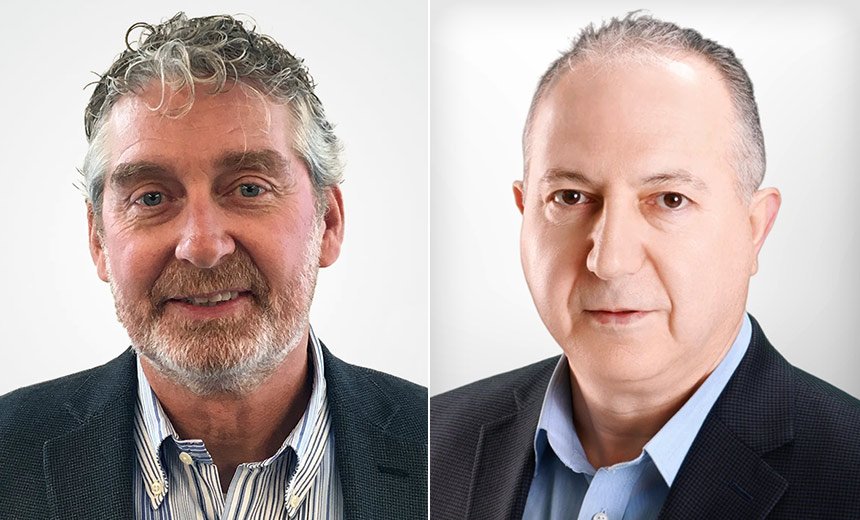[ad_1]
Healthcare
,
Industry Specific
,
Information Sharing
Phil Englert of Health ISAC, Murad Dikeidek of UI Health on Conquering Challenges
While the healthcare sector is making progress in cyber resilience, it still faces deep-rooted challenges, including collaboration, cyber workforce issues and budget constraints, necessitating a constant demand for adaptation and re-prioritization as adversaries shift their tactics, said security experts Phil Englert and Murad Dikeidek.
See Also: The Healthcare CISO’s Guide to Medical IoT Security
“One of the things that we see happening more and more, and still not enough, is information sharing,” said Englert, vice president of medical device security at the Health Information Sharing and Analysis Center.
Information sharing can be vital to helping the overall sector better understand the threats it is facing, yet there’s still uncertainty at many organization about the level of details healthcare providers should disclose, he said.
“We’re having conversations about, what do we release, when and where and how do we release it? And to whom do we want the message to go to. This is a great boon, because when we protect one we can protect all,” Englert said.
If bad actors are going after one organization, chances are these threat actors are going after other healthcare organizations using very similar or even the same techniques, he said.
Dikeidek, who heads information security at the University of Illinois Hospital & Health Sciences System, said that too many healthcare organizations also still treat cybersecurity as the responsibility of just one person or team, rather than a shared responsibility across the enterprise.
“It’s the job of everyone to participate and know that they have a role, whether, you’re reporting incidents, and knowing what the security policies are and what’s required from them,” he said. “So, maturing the security and involving the business: Everyone is key,” he said.
Those are just a sampling of the many factors that can hamper cyber robustness in healthcare, said Dikeidek and Englert in a video interview with Information Security Media Group.
Englert and Dikeidek are contributors to a new cyber resiliency report released ahead of the 2025 #HealthSecUSA healthcare security summit in Boston on June 3 and 4, where they are both also among a roster of esteemed speakers.
In the video interview with Information Security Media Group, Englert and Dikeidek also discussed:
- The promising potential of AI use in healthcare for improving cybersecurity;
- Top medical device cybersecurity challenges;
- Tracking cybersecurity risks and threats involving legacy IT.
Dikeidek has over 20 years of IT experience, including more than 13 years focused on healthcare security. He is currently head of information security at the University of Illinois Hospital & Health Sciences System, or UI Health. Dikeidek began his career as an IT security analyst for the U.S. Army and later joined UI Health, where he established the institution’s first information security team in 2012. Dikeidek has also taught cybersecurity courses at several local colleges and universities in Illinois.
Englert has more than 30 years of technical and operational leadership experience in healthcare and life sciences. Prior to joining the Health Information Sharing and Analysis Center, he served as chief product officer for MedSec and was the global leader for medical device cybersecurity at consulting firm Deloitte.
[ad_2]

